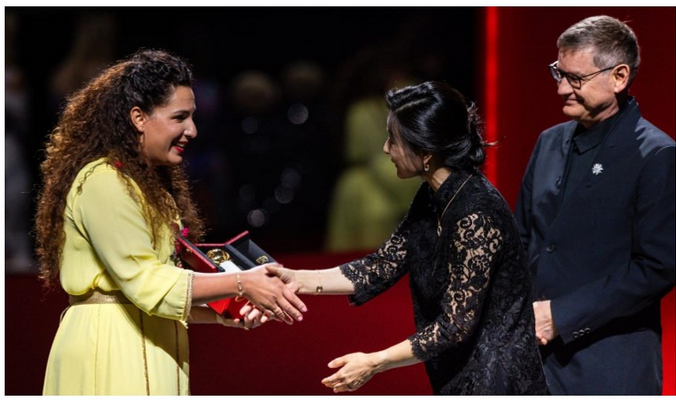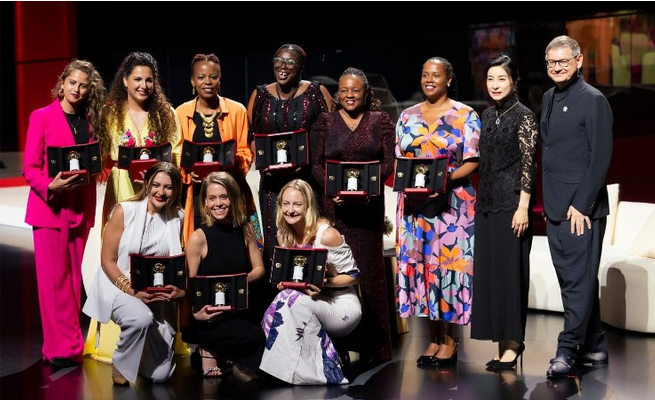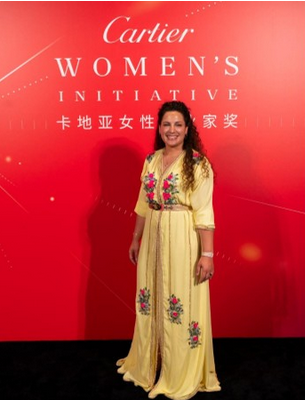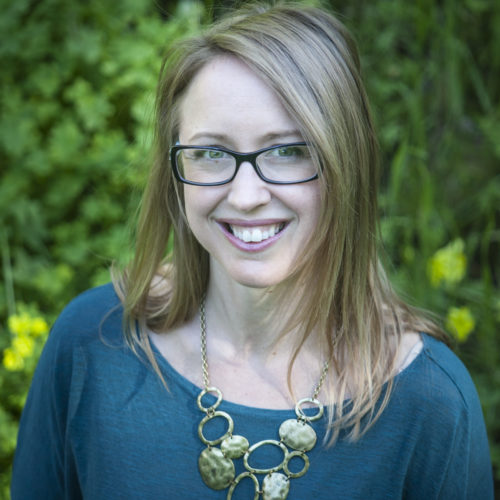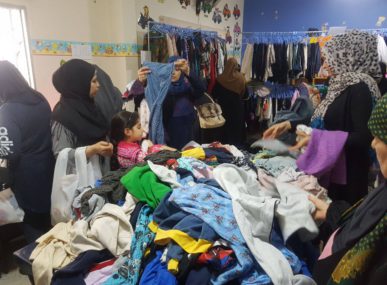Dr. Lahbib Latrach was pursuing his Ph.D. in environment and water treatment technologies at Cadi Ayyad University in Morocco and Shimane University in Matsue, Japan when he first developed a technology called a “multi-soil layering system”, which is meant to remove pollutants and toxins from wastewater. Much of the wastewater in developing countries is not treated; and is sent straight back into the environment where it is likely to cause illnesses.
“I’ve been in many countries where I’ve seen wastewater released into the environment and the results are catastrophic,” says Latrach. “Wastewater contains many toxins such as chemicals and bacteria, [even] salmonella. It has high levels of nitrogen and phosphorous that pollutes the groundwater. Mosquitos breed in puddles of wastewater, and the mosquitoes transmit diseases to humans.”
His goal was to find a solution to treat this water that was not too costly and could be easily implemented in rural villages using local materials. Together with Dr. Salma BOUGARRANI, Latrach founded a company called Green WATECH with the purpose of eradicating water-related illnesses around the world.
How Green WATECH’s technology works:
Many villages across Morocco don’t have access to wastewater treatment facilities, so Latrach first decided to test his new technology on a community called Talat Merghen, outside of Marrakech housing 600 inhabitants.
“What we do is collect wastewater from households, treat it, then we irrigate plants like olives and alfalfa,” he says.
The multi-soil layering system works by filtering water through a combination of low-cost materials such as gravel, sawdust, sand, and charcoal. The resulting filtered water is clear; a big step from the dirty, brown-tinged wastewater normally seen in the village.
“The typical wastewater treatment system is very expensive and can cost millions of dollars,” says BOUGARRANI. “When you compare our solution, the cost is very low, it’s simple to operate by the rural population and is very efficient. It takes out 90% of the pollutants and pathogens and requires no energy for operation. The lifespan of our filtration system is 20 years.”
Now, the technology is active at two villages in Morocco.
Scientists around the world have acknowledged the fact that water pollution is a huge issue.



